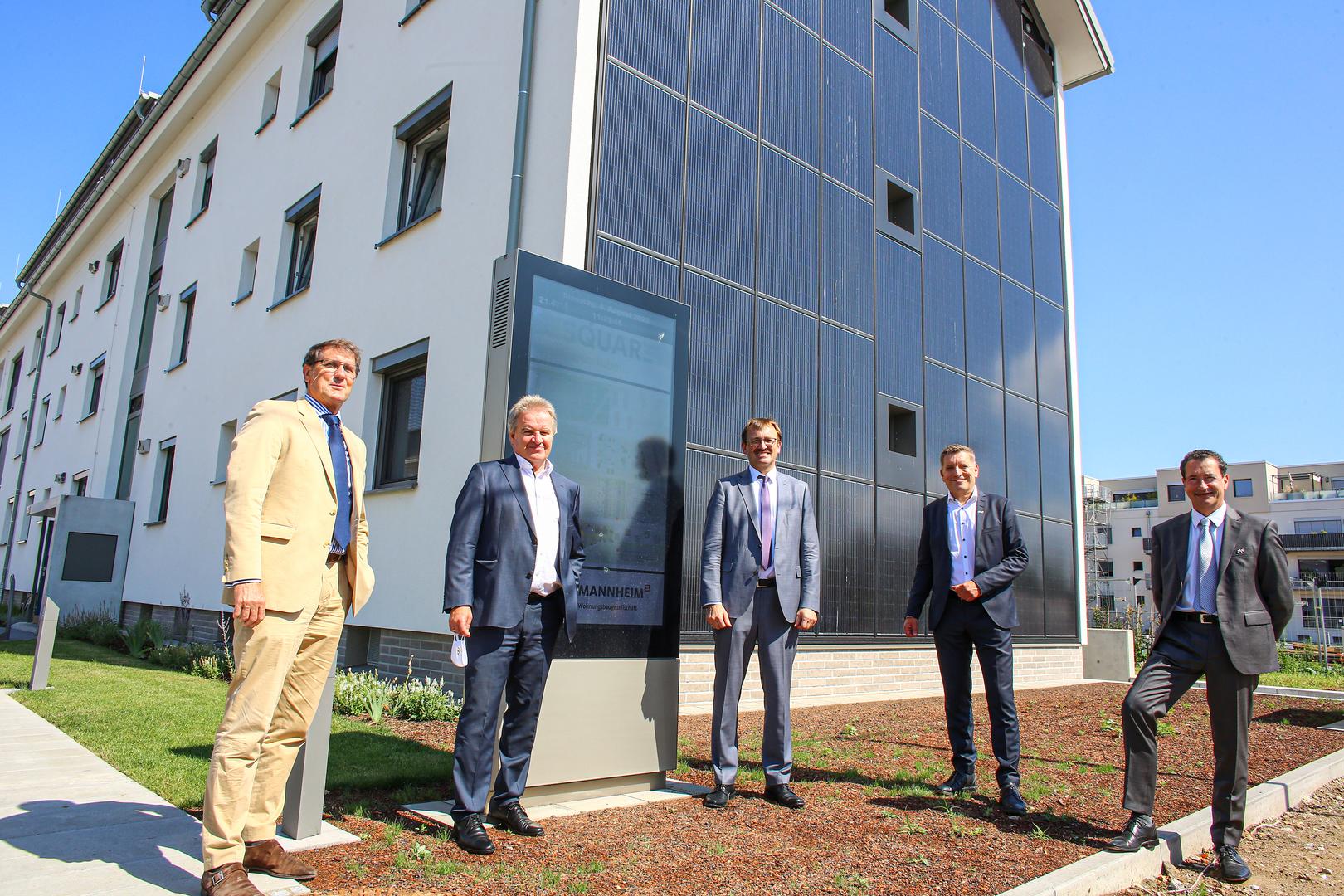Strengthen energy refurbishment of buildings and demand responsibility from landlords.
Housing policy must create supportive framework conditions and thus contribute to the reduction of living space.
"For a necessary energy turnaround in the housing industry, conditions must be created that demonstrate noticeable incentives for owners and users to consume less energy in the future," says DAI President Dipl.-Ing. Architekt Arnold Ernst. On the occasion of the Federation Day of the German Associations of Architects and Engineers (DAI), a declaration on current topics of building and planning culture is published in annual succession. For previous DAI statements, see below.
In Germany, CO2 emissions from buildings are equivalent to the pollution caused by traffic. The intensity of the public discussion does not reflect this. This is all the more reason why architects and engineers are called upon to show responsibility in their field and to demonstrate ways in which they intend to make their contribution to sustainable climate protection.
The technical solutions are available, and we need to develop better methods, especially for the sustainable retrofitting of existing buildings. However, there is a lack of incentives for owners and users to implement and tolerate energy-efficient refurbishment. It is easier to demand climate protection than to pay for it. The environmental impact of CO2 emissions is (still) free, but avoiding it costs money, a lot of money in existing buildings. The landlord shies away from the investment because only a small part can be passed on to the rents. The tenant has an understandable insistence on not changing the size and location of his flat, especially as long as the parties keep deciding on new socially undifferentiated benefits in the competition for the cheapest rents. Both landlords and tenants must make their economic contribution in order to finance the comprehensive energy-efficient refurbishment of the housing stock.
The benchmark for all participants must be the Polluter pays principle be. Those who contribute to the release of CO2 must have an economic advantage if they actively participate in the reduction; those who refuse to participate must have an economic disadvantage as a result.
The DAI demands:
- A CO2 levy for each sqm of heated floor space according to the information in the energy performance certificate from level B. This levy is covered by the Owner to pay.
- A CO2 levy on the energy used according to consumption and specific CO2 emissions. This levy is determined by the Tenant to pay.
Both levies make it more expensive to live in buildings that are not optimised in terms of energy efficiency. Weighing up the direct financial burden on those affected and the long-term burden of climate change, the DAI considers the additional costs incurred to be justified. Support for economically weak households in line with the social market economy must ensure that the entitlement to adequate housing is met.
As appropriate in the sense of social indigence 30 sqm per person + 20 sqm for each additional person in a dwelling are considered. Appropriate transitional periods should on the one hand avoid social hardship and on the other hand continuously stimulate stronger incentives for the adaptation of housing conditions to economic performance. In order to also stimulate the corresponding adjustment processes above the level of social need, the regulation of the rent level should be waived, but in the case of existing tenancies with an appropriate limitation of the annual increase, also in order to facilitate the adjustment to economic performance.
DAI Presidium
Note sdg21: the statement presented here does not reflect the opinion of the sdg21 editorial team.
Keywords: Stock, DE-News, Renewable, Climate protection, Affordable housing, Housing, Housing policy, Thermal insulation, Ecology



